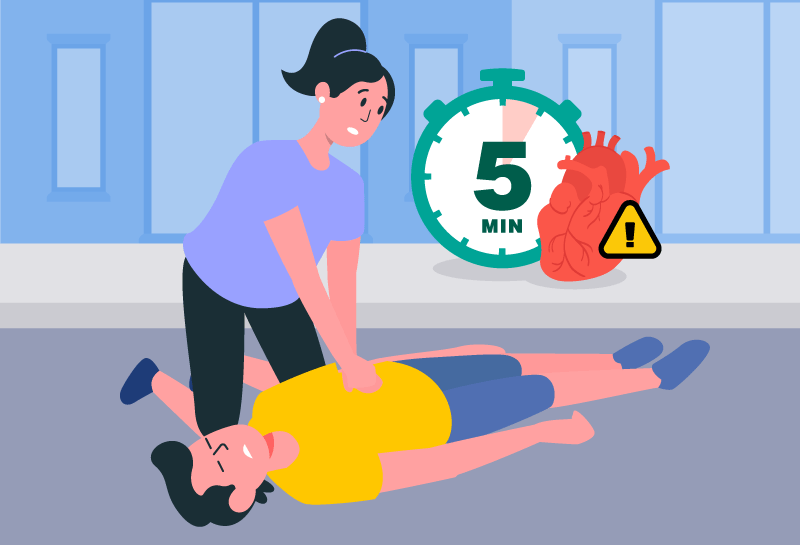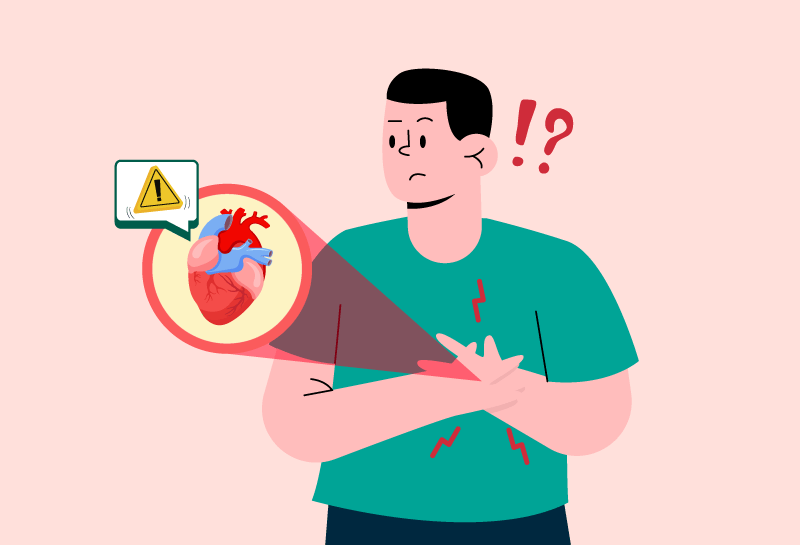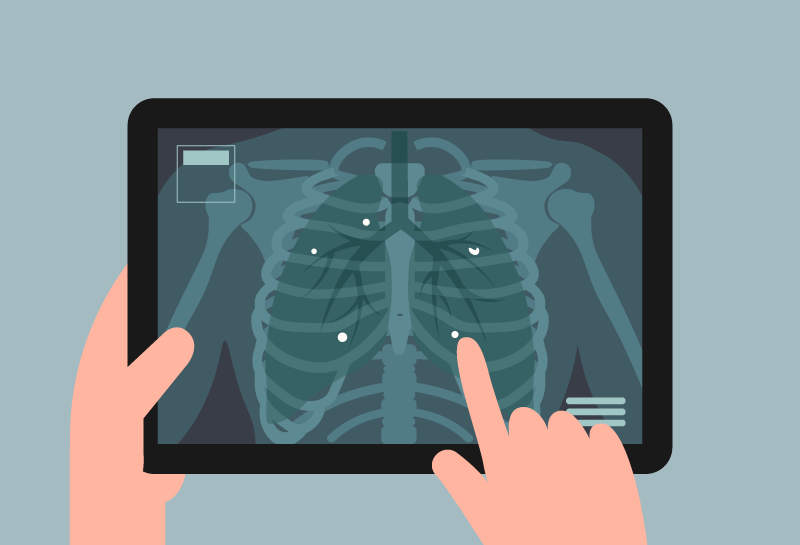







Resistance Training and Exercise
Engage in regular strength or resistance training exercises. This includes lifting weights, using resistance bands or doing bodyweight exercises. Aim for at least two to three sessions per week.
Protein-rich Diet
Ensure an adequate intake of protein from sources like lean meat, poultry, fish, dairy products, eggs, legumes and plant-based protein sources.
Balanced Nutrition
Consume a well-balanced diet rich in vitamins and minerals, especially vitamin D and calcium, which are essential for bone health and muscle function.
Ensure that you are consuming enough calories to meet your body’s energy needs. Chronic calorie deficits can contribute to muscle loss.
Hydration
Stay well-hydrated, as water is crucial for overall bodily functions, including muscle health.
Flexibility and Mobility Exercises
Include flexibility exercise such as regular stretching to maintain joint mobility and prevent stiffness.
Lifestyle Choices
Limit prolonged periods of sitting and sedentary behaviour. Incorporate physical activity into your daily routine, even if it’s just walking or standing breaks. If you smoke, consider quitting as smoking has been associated with increased muscle loss and decreased muscle strength.










 12 mins read
12 mins read 





